Rooting some thai basil ; want to plant in custom organic mix
takadi
15 years ago
Related Stories
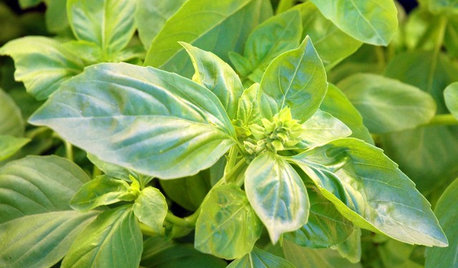
SUMMER GARDENINGHow to Grow Basil
Bright color, quick growth and endless uses for cooking make this summer annual a winner in the garden or a pot
Full Story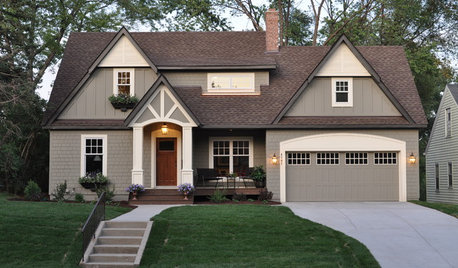
ARCHITECTURERoots of Style: Where Did Your House Get Its Look?
Explore the role of architectural fashions in current designs through 5 home styles that bridge past and present
Full Story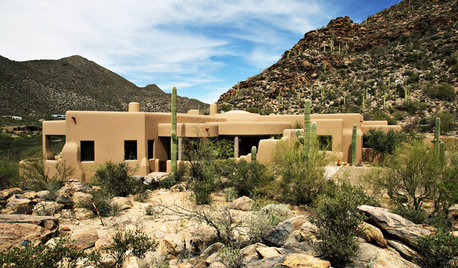
TRADITIONAL ARCHITECTURERoots of Style: Pueblo Revival Architecture Welcomes Modern Life
Centuries-old details of adobe construction still appeal in the desert Southwest, adapted to today's tastes
Full Story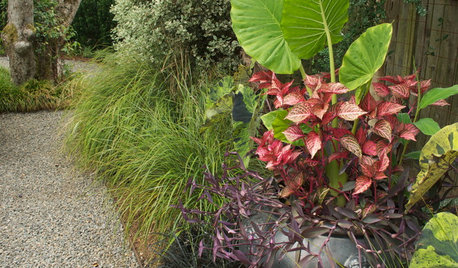
CONTAINER GARDENSSolve Your Garden Border Dilemmas With Planted Pots
Set your containers free from the patio — placed among plantings in the ground, they fill unsightly gaps, let you experiment and more
Full Story
EDIBLE GARDENSGarden BFFs? Why Your Vegetables Are Begging for Companion Plants
Foster friendships among plants for protection from pests, pollination support and color camaraderie
Full Story
FARM YOUR YARDHow to Build a Raised Bed for Your Veggies and Plants
Whether you’re farming your parking strip or beautifying your backyard, a planting box you make yourself can come in mighty handy
Full Story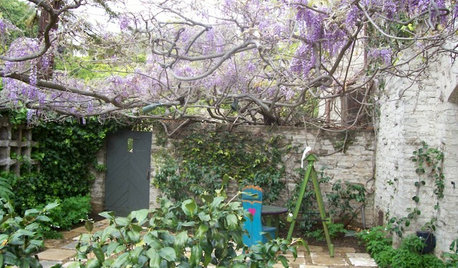
SPRING GARDENINGTop 10 Scented Plants for Your Garden
A palette of perfumed plants can transform even the smallest of gardens into a sensory delight
Full Story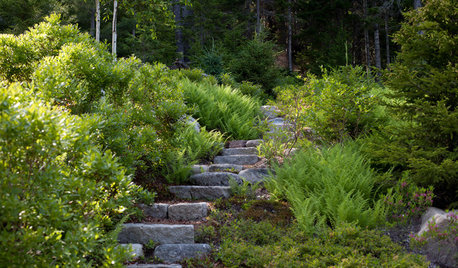
GARDENING GUIDESGreat Design Plant: Grow Blueberries for Their Fruit and More
Eastern gardeners should consider growing blueberry plants for their delicious fruits, bee-friendly spring blooms and brilliant fall foliage
Full Story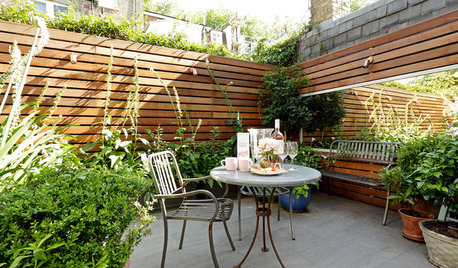
CONTAINER GARDENSPocket Gardens, Pint-Size Patios and Urban Backyards
A compact outdoor space can be a beautiful garden room with the right mix of plantings, furniture and creativity
Full Story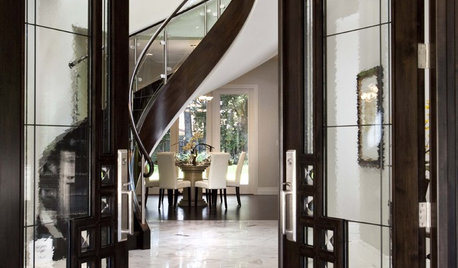
ROOTS OF STYLEArt Deco, Art Nouveau, Arts and Crafts: What’s the Difference?
If the zigzag and swirly designs of the past leave your head spinning, these descriptions will straighten you right out
Full StoryMore Discussions






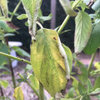
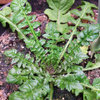
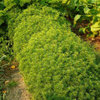
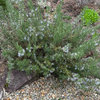
ksrogers
takadiOriginal Author
Related Professionals
Eden Prairie Landscape Architects & Landscape Designers · Tomball Landscape Architects & Landscape Designers · Blue Springs Landscape Contractors · Bowie Landscape Contractors · Corona Landscape Contractors · Desert Hot Springs Landscape Contractors · Duarte Landscape Contractors · Stallings Landscape Contractors · West Covina Landscape Contractors · Bronx Roofing & Gutters · Chicago Roofing & Gutters · Cincinnati Roofing & Gutters · San Jose Roofing & Gutters · Miami Beach Roofing & Gutters · Orlando Roofing & Guttersksrogers
takadiOriginal Author
mr_grizzly
robertaone
snycal
takadiOriginal Author
mjha
msmitoagain
takadiOriginal Author
mr_grizzly
takadiOriginal Author
francescod
takadiOriginal Author
francescod
ksrogers